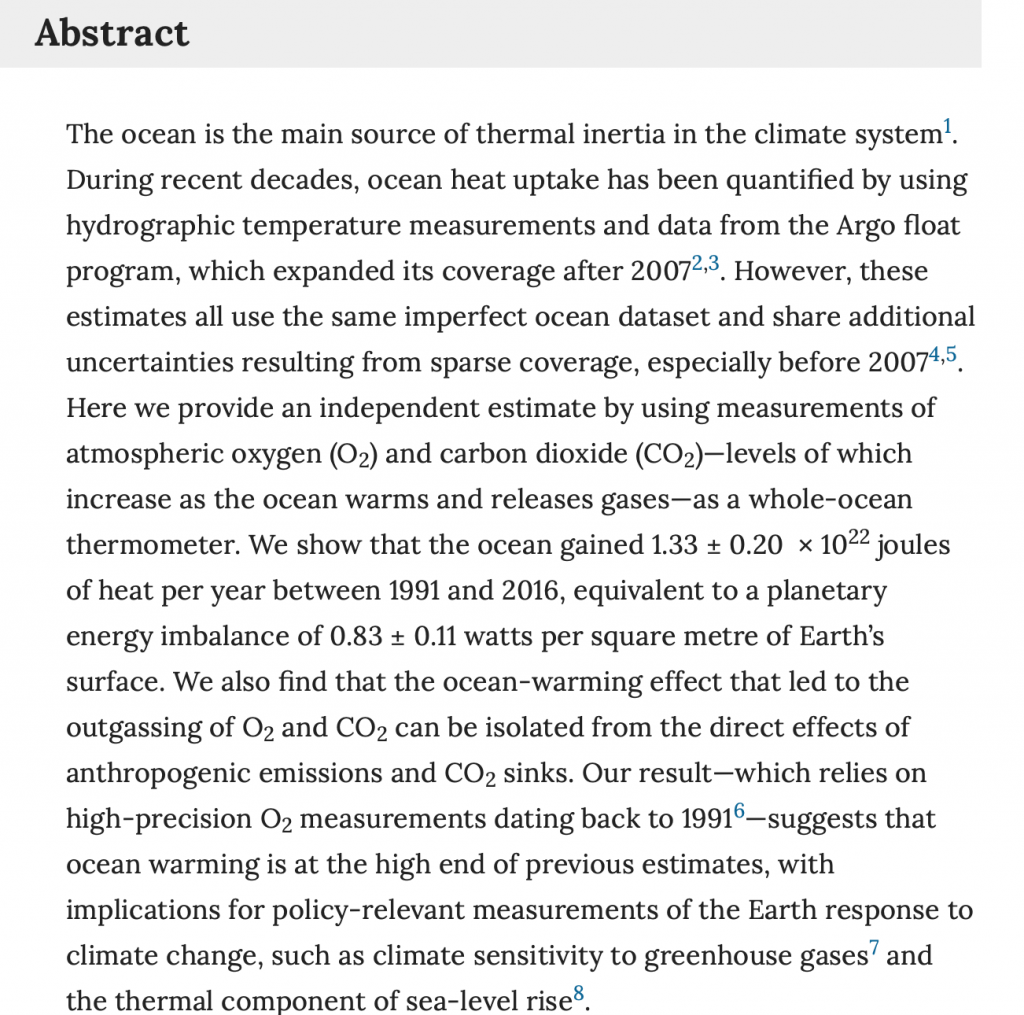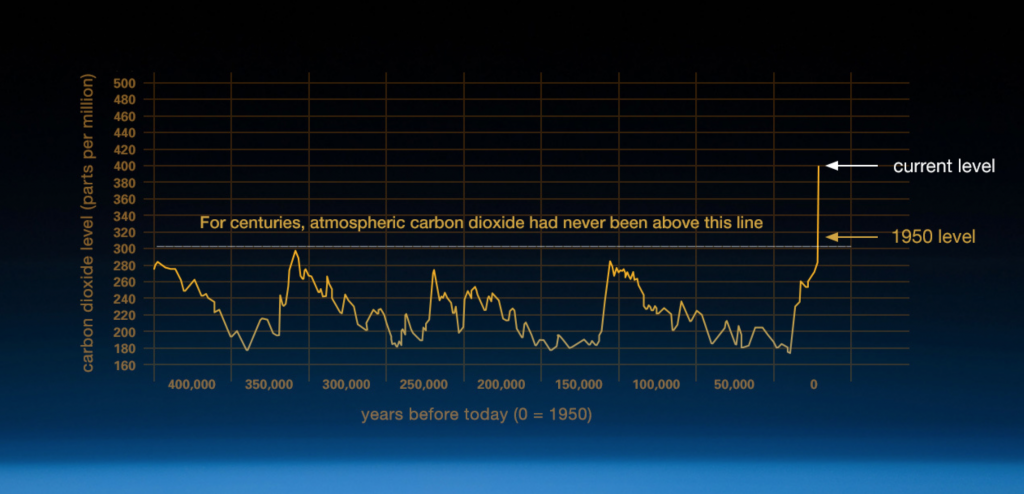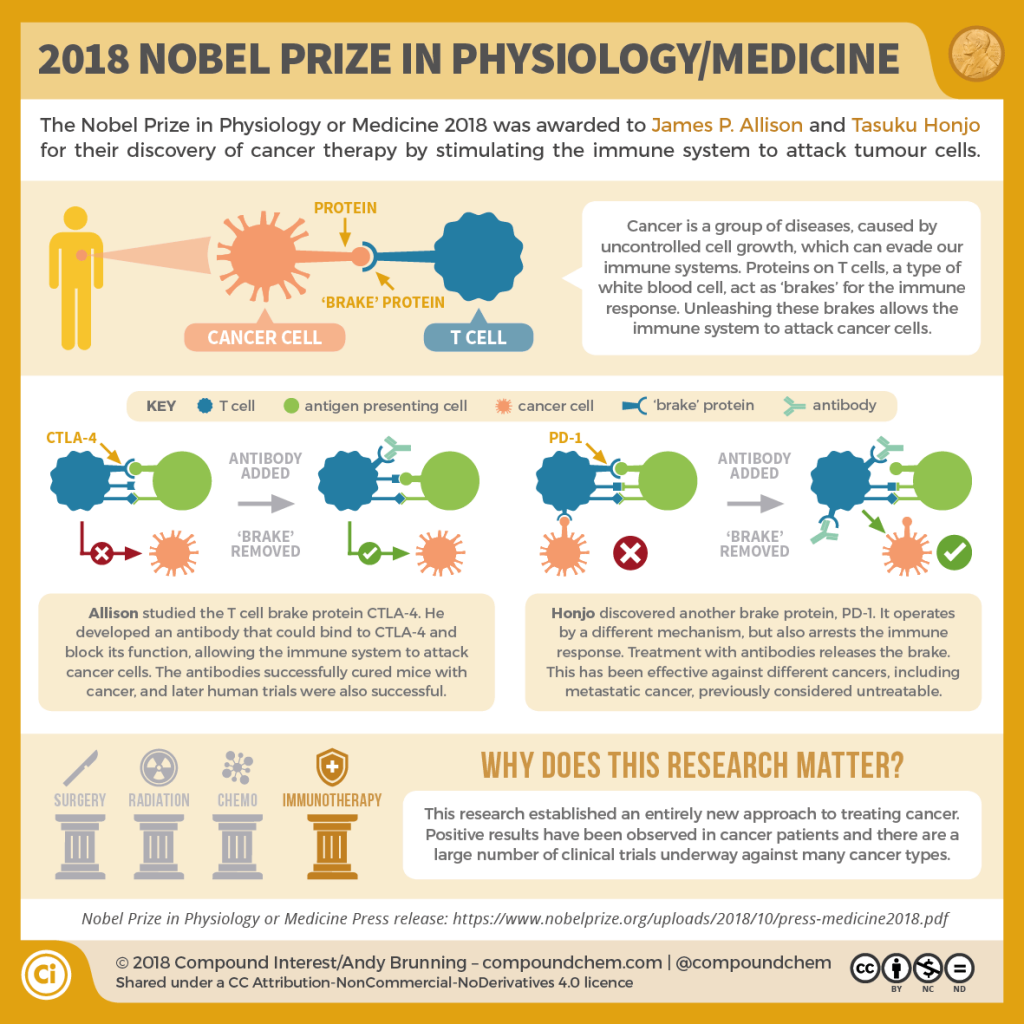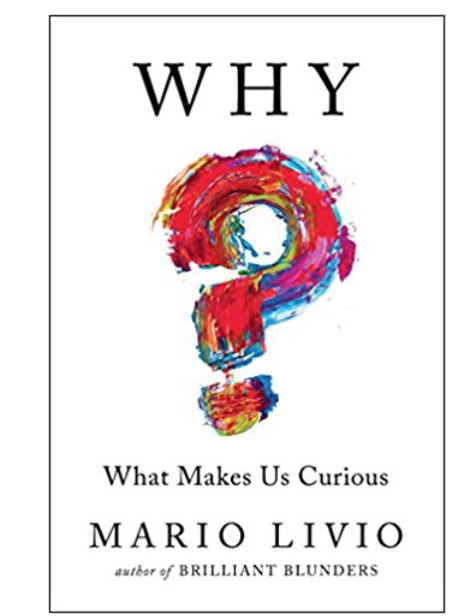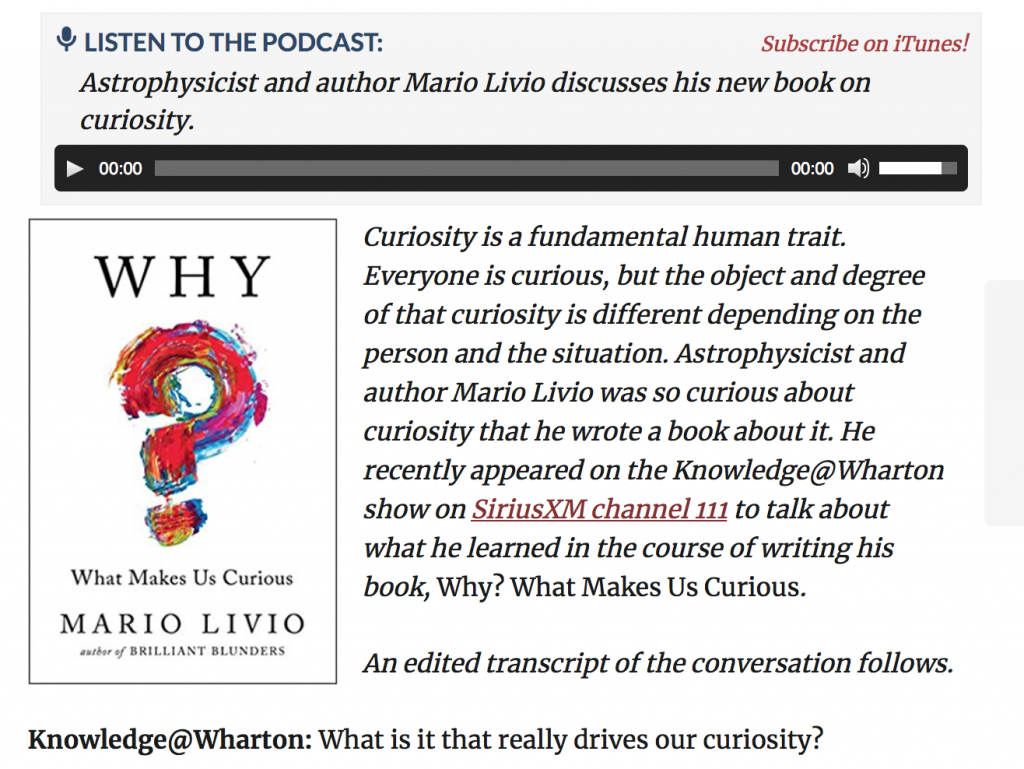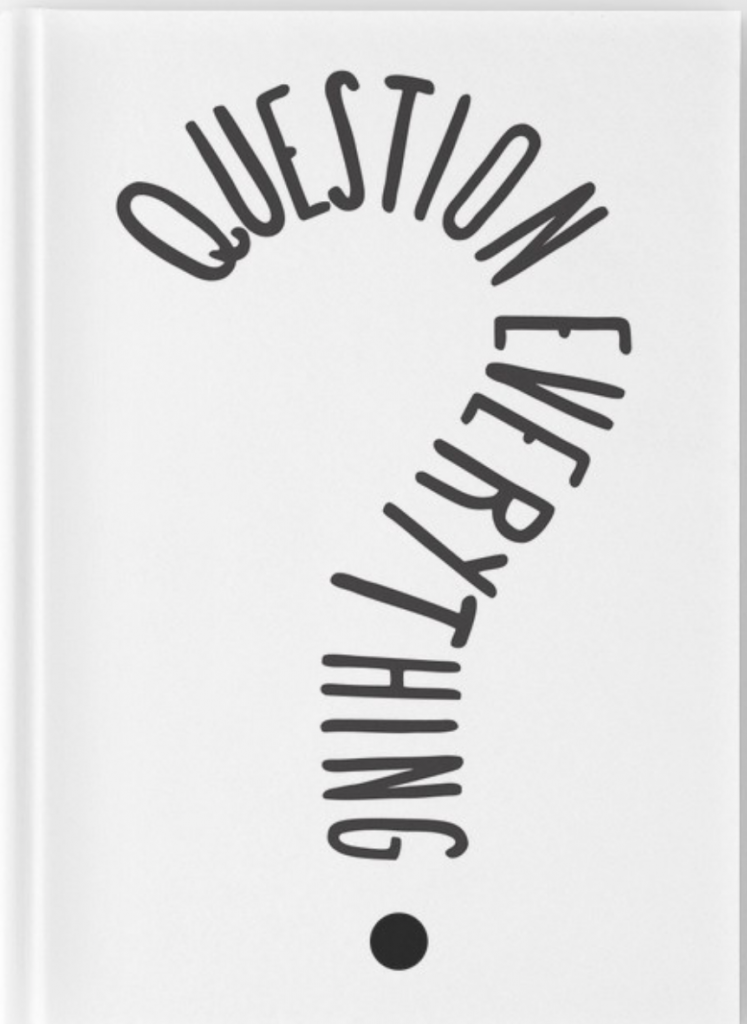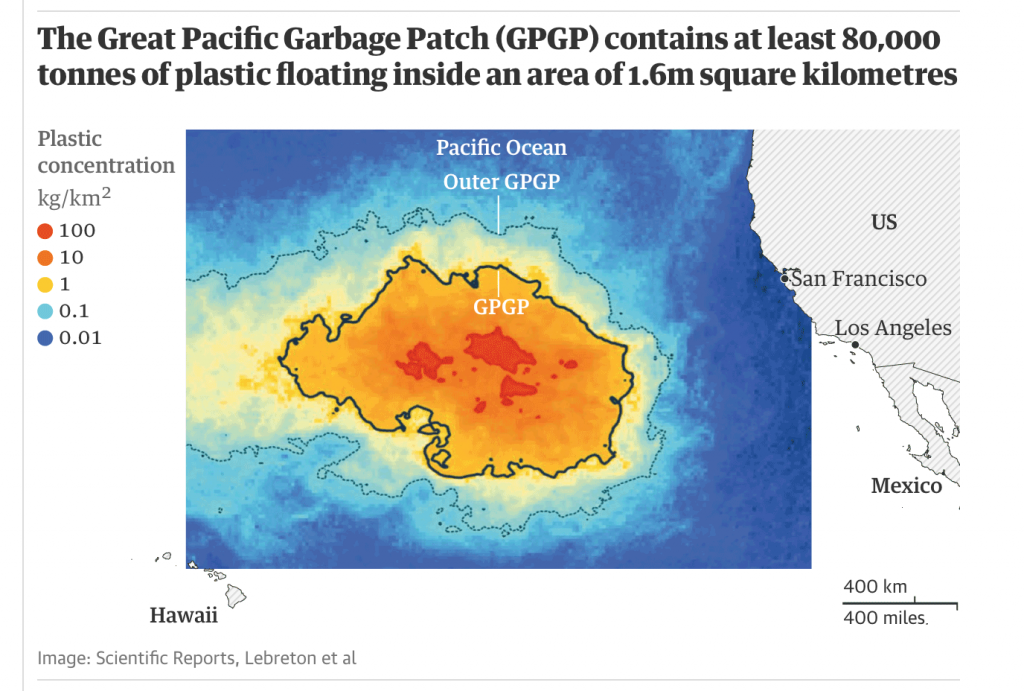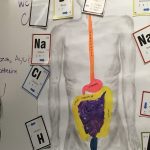LOG IN
Categories
Links we Love
Lab Work
Sc. 10 Tests & Assignments
January 2026 M T W T F S S 1 2 3 4 5 6 7 8 9 10 11 12 13 14 15 16 17 18 19 20 21 22 23 24 25 26 27 28 29 30 31 Science in the news
January 2026 M T W T F S S 1 2 3 4 5 6 7 8 9 10 11 12 13 14 15 16 17 18 19 20 21 22 23 24 25 26 27 28 29 30 31 January 2026 M T W T F S S 1 2 3 4 5 6 7 8 9 10 11 12 13 14 15 16 17 18 19 20 21 22 23 24 25 26 27 28 29 30 31
Category Archives: Uncategorized
Climate scientists remind the public that the Earth has only about dozen years before global warming becomes catastrophic
Comments Off on Climate scientists remind the public that the Earth has only about dozen years before global warming becomes catastrophic
Posted in Uncategorized
Learn more about the science behind Halloween Magic!
Top ways to make Halloween more spooky fun and sciency!
Comments Off on Learn more about the science behind Halloween Magic!
Posted in Uncategorized
Visual Animation of Chromosomes to the genetic code – let’s review!
Comments Off on Visual Animation of Chromosomes to the genetic code – let’s review!
Posted in Uncategorized
Nobel Prize has been awarded for 2018 in Medicine and Physiology: Allison and Honjo
Learn more about the 2018 Prize Research in Medicine and Physiology
“Cancer kills millions of people every year and is one of humanity’s greatest health challenges. By stimulating the inherent ability of our immune system to attack tumor cells this year’s Nobel Laureates have established an entirely new principle for cancer therapy.
James P. Allison studied a known protein that functions as a brake on the immune system. He realized the potential of releasing the brake and thereby unleashing our immune cells to attack tumors. He then developed this concept into a brand new approach for treating patients.
In parallel, Tasuku Honjo discovered a protein on immune cells and, after careful exploration of its function, eventually revealed that it also operates as a brake, but with a different mechanism of action. Therapies based on his discovery proved to be strikingly effective in the fight against cancer.
Allison and Honjo showed how different strategies for inhibiting the brakes on the immune system can be used in the treatment of cancer. The seminal discoveries by the two Laureates constitute a landmark in our fight against cancer.”
Figure: Upper left: Activation of T cells requires that the T-cell receptor binds to structures on other immune cells recognized as ”non-self”. A protein functioning as a T-cell accelerator is also required for T cell activation. CTLA- 4 functions as a brake on T cells that inhibits the function of the accelerator. Lower left: Antibodies (green) against CTLA-4 block the function of the brake leading to activation of T cells and attack on cancer cells.
Upper right: PD-1 is another T-cell brake that inhibits T-cell activation. Lower right: Antibodies against PD-1 inhibit the function of the brake leading to activation of T cells and highly efficient attack on cancer cells.
Comments Off on Nobel Prize has been awarded for 2018 in Medicine and Physiology: Allison and Honjo
Posted in Uncategorized
Why – What makes us curious? Are kids more curious than adults?
The Science behind curiosity – Learn more about what makes us curious.
There is no single type of curiosity.
Curiosity comes in different flavors. “Specific/diversive curiosity” is a type of curiosity when you would like to know the answer to something fairly straightforward that can be answered by a simple internet search.
“Epistemic curiosity” is a type of curiosity when you want to learn more for the satisfaction and joy of learning. This is the type of curiosity when YOU try to learn more things for the sake of the fun of learning.
YOU can enhance/build your curiosity by being trained to ask questions.
One of the most powerful types of questions you can ask as a science student is “How”.
You can improve your curiosity. Start with something that you are interested in. Begin to ask questions about something that you like and enjoy about a topic.
Young children typically ask questions because they are interested in “cause and effect”. This means that their perceptual curiosity decreases as they get older.
As you get older your epistemic curiosity does not decrease. Your willingness to learn new things, to discover new things does not decrease as you get older.
Comments Off on Why – What makes us curious? Are kids more curious than adults?
Posted in Uncategorized
Learn how to make picture notes to help you to understand how DNA controls protein production in the cell
Notes:
DNA to RNA to mRNA to tRNA
Comments Off on Learn how to make picture notes to help you to understand how DNA controls protein production in the cell
Posted in Uncategorized
What makes a successful Science Question Journal?
A question journal will help you to develop a strong scientific question about a topic that interests you in Unit 1, Genetics.
In order for your question to be at the appropriate level of difficulty for your grade you need:
- to ask questions about the information that you are learning about in class.
to learn how to research your question to make it answerable using the scientific method.
Start by asking questions about things that make you wonder, things that make you curious and things that you would like to learn more about.
Comments Off on What makes a successful Science Question Journal?
Posted in Uncategorized
System 001 is launched – learn more about attempts to remove garbage from the Great Pacific Garbage Patch!
Comments Off on System 001 is launched – learn more about attempts to remove garbage from the Great Pacific Garbage Patch!
Posted in Uncategorized
Low air quality adversely affects intelligence – the effect could be as strong as missing a year of education
The impact of exposure to air pollution on cognitive performance:
The significance of the Study
“Most of the population in developing countries live in places with unsafe air. Utilizing variations in transitory and cumulative air pollution exposures for the same individuals over time in China, we provide evidence that polluted air may impede cognitive ability as people become older, especially for less educated men. Cutting annual mean concentration of particulate matter smaller than 10 μm (PM10) in China to the Environmental Protection Agency’s standard (50 μg/m3) would move people from the median to the 63rd percentile (verbal test scores) and the 58th percentile (math test scores), respectively. The damage on the aging brain by air pollution likely imposes substantial health and economic costs, considering that cognitive functioning is critical for the elderly for both running daily errands and making high-stake decisions.”
Comments Off on Low air quality adversely affects intelligence – the effect could be as strong as missing a year of education
Posted in Uncategorized
Cell phones in class: a good idea or should they be banned?
Schools in France have continued to enforce a total data ban in class for students younger than 15 years of age. Older students have the option of using data, at the discretion of the instructor. Learn more…
Question Journal: Prompt #1
Texting under the table should be a thing of the past after French children returned to class Monday following a nationwide ban on mobile phones in schools.
Is it a good idea to ban data use in class, why or why not?
How one person kicked their Cell phone use:
Question Journal: Prompt #2
“There is something more terrible than a hell of suffering,” the French novelist Victor Hugo wrote in his book Les Misérables in 1862. “A hell of boredom.”
New research continues to point out that an important side effect of being bored is enhanced creativity. Learn more…
How creative are you?
What is creativity?
Who is the most creative scientist that you know about?
Who is the most creative person you know?
When you’re bored, you’re tapping into your unconscious brain, picking up long-lost memories and connecting ideas.
It is this ability to fully access our knowledge, memories, experiences, and imagination that helps lead us to those precious “lightbulb” moments when we least expect them, according to Amy Fries, author of Daydreams at Work: Wake Up Your Creative Powers.
Comments Off on Cell phones in class: a good idea or should they be banned?
Posted in Uncategorized

